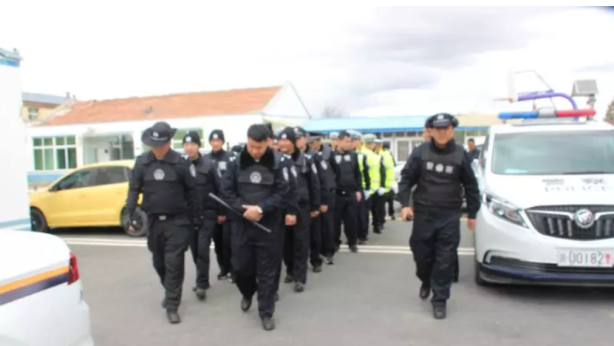China launches crackdown on personal cellphones in Lhasa
After setting satellites dishes and broadcast equipment on fire, Chinese authorities in the Tibetan capital, Lhasa, have now begun implementing a campaign to search personal cellphones owned by Tibetans, particularly those in monastic institutions.
According to information received by TCHRD, the crackdown on personal cellphones was launched on 10 March 2013, which is also the 54th anniversary of Tibetan uprising day in Lhasa. On 7 March this year, sources said a group of special team dealing with cellphone security arrived in Lhasa. Everyone in the special team from Beijing is expert on cellphone technology.
The next day on 8 March, the special cellphone inspection ‘work team’ visited Drepung Monastery where they have now begun security screenings of cellphones owned by the monks. The cellphone crackdown at Drepung is expected to last for four days beginning 8 March.
Cellphone crackdowns will be carried out in Sera and Ganden monasteries, followed by Ramoche and Tsuglakhang (Jokhang) temples. Other smaller monastic institutions will be covered by this campaign in the coming months, according to decisions taken by the local government.
The special ‘work team’ from Beijing will stay for about four to five days at each monastery.
Sources with contacts in the area said the latest move is targeted at Tibetans who share information about Tibet with those in foreign countries. Local authorities have vowed to undertake severe measures including detention and imprisonment against attempts to share information about Tibet.
Information is almost routinely censored in Tibet. Moreover, Chinese authorities make liberal use of its ‘State Secrets Law’ to prosecute and criminalize legitimate Tibetan dissent and resistance. According to Chinese government, one is a criminal if one tries to share information about human rights abuses in one’s country or community. When in reality, without these brave and conscientious individuals who put their life on fire to retrieve information, the world outside Tibet would never know. Tibet continues to remain locked to independent fact-finding delegations even after a total of 107 confirmed self-immolation protests took place in about two years.


